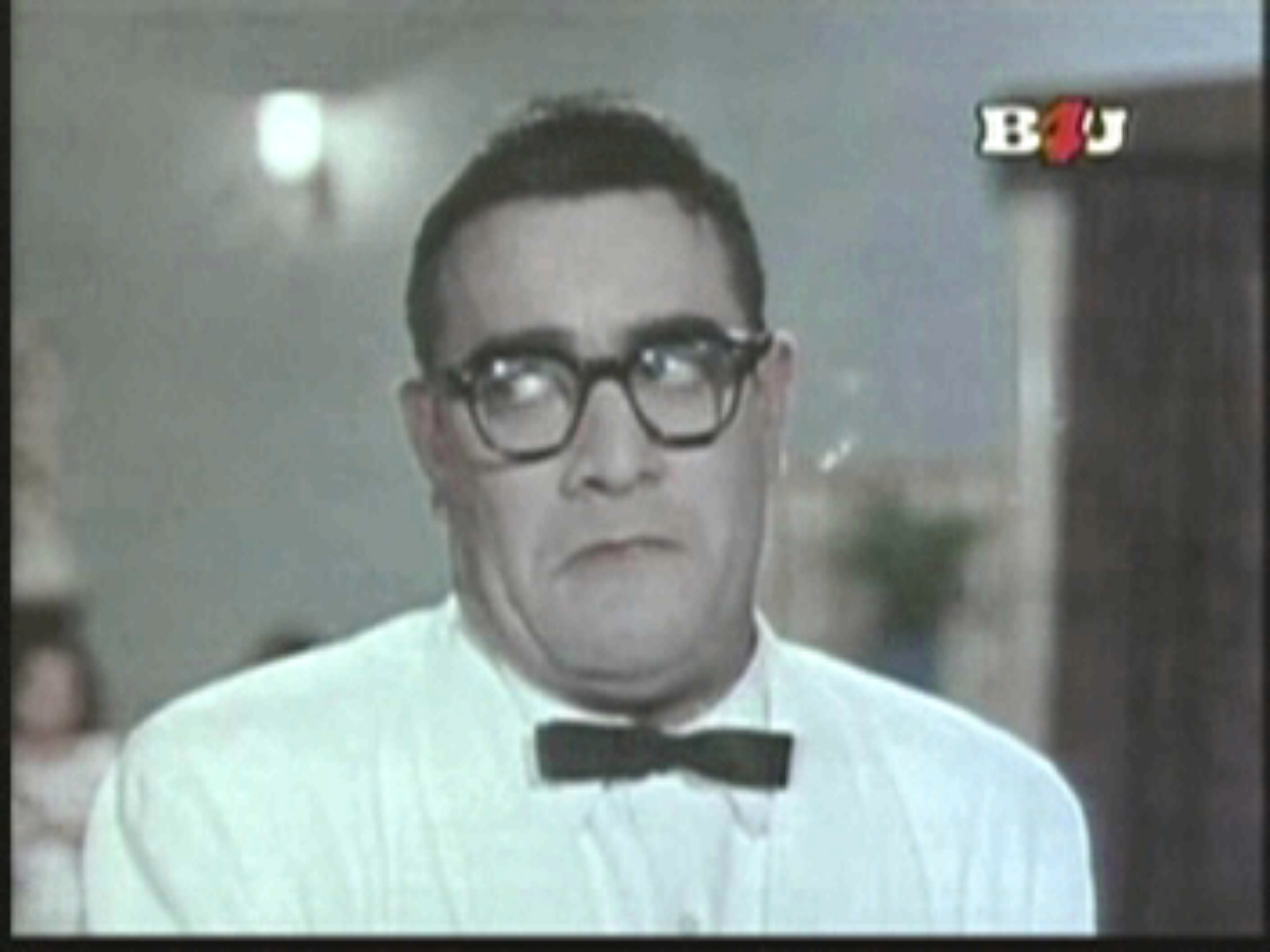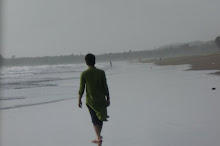What do I say today? How do I even start? Do I have the words, the emotions, the attributes, the annotations, the prowess to even start taking about the voice that has made my life worth living? This day is more special to me than even my own birthday.. it gave me something that I can never repay back.. and I am happy to be indebted for life!
Lata Mangeshkar and Mehndi Hasan together! Something that happens once in a blue moon.. and we are fortunate that we are able to witness that blue moon.. MAGIC ALLOVER!
Yes, both the voices have aged.. (who knows if we would even be alive till their ages, forget working with such inexplicable enthusiasm) but is the charm lost? Naah.. not for me atleast! The way she sings 'Tujhe Chhu Loon To Phir Zinda Lage Hai..' for the second time, does it for me! Goosebump session starts...
Mayuresh Pai's amazing ghazal album, Farhat Shahzad's wonderful words (and Javed Akhtar at his best in the other songs).. this is SARHADEIN !!
Lata Mangeshkar and Mehndi Hasan together! Something that happens once in a blue moon.. and we are fortunate that we are able to witness that blue moon.. MAGIC ALLOVER!
Yes, both the voices have aged.. (who knows if we would even be alive till their ages, forget working with such inexplicable enthusiasm) but is the charm lost? Naah.. not for me atleast! The way she sings 'Tujhe Chhu Loon To Phir Zinda Lage Hai..' for the second time, does it for me! Goosebump session starts...
Mayuresh Pai's amazing ghazal album, Farhat Shahzad's wonderful words (and Javed Akhtar at his best in the other songs).. this is SARHADEIN !!








